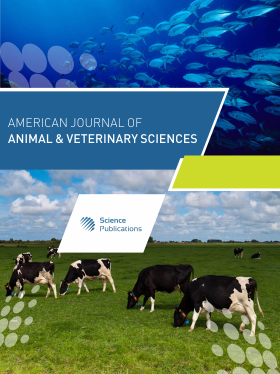Millennial Visitors' Intentional Behavior with Environmental Concern for Developing the Turtle Edu-Tourism Marketing Strategy in Bajulmati Sea Turtle Conservation (BSTC), Indonesia
- 1 Department of Fisheries Socioeconomic, Faculty of Fisheries and Marine Science, Fisheries Agrobusiness Study Program, Universitas Brawijaya, Indonesia
- 2 Department of Fisheries Socioeconomic, Faculty of Fisheries and Marine Science, Fisheries Socioeconomics (PSDKU) Study Program, Universitas Brawijaya, Indonesia
- 3 Department of Agricultural Socioeconomic, Faculty of Agricultural, Agribusiness Study Program, Universitas Brawijaya, Indonesia
Abstract
Tourism is important to the economy, yet it may affect the environment if conservation efforts are not implemented. Ecotourism is a tourism trend also being implemented in the Bajulmati Sea Turtle Conservation (BSTC) Edu-tourism in East Java. Turtle conservation and ecotourism are top priorities for BSTC. Millennials' enthusiasm for visiting BSTC varies with their level of environmental concern. To evaluate if millennial visitors will visit turtle Edu-tourism, this research will investigate how environmental concern influence their behavior, either directly or indirectly. The visitor behavior will then serve as the foundation for building the turtle Edu-tourism marketing strategy. This study surveyed 572 millennials. SEM-Warp PLS was used to analyze the data. The millennial generation's environmental concern determined their interest in Turtle's Edu-tourism BSTC when mediated by attitude, subjective norm, and perceived behavior control. Based on the millennials' interest in BSTC, the marketing strategy is to first improve behavior control perception, then subjective norms and attitudes. Particularly since the TPB component is effective in mediating the relationship between environmental concerns, the study's findings broaden the application of TPB. Increased subjective norms, attitudes, and behavior control are major predictors of visit intention. Local governments should continue to foster economic growth to support travel expenditures and the community's economy. BSTC managers should optimize social media marketing for millennials and their friends. Millennials' friends can promote Turtle's BSTC Edu-tourism. BSTC managers also consistently conserve turtles and their environment to improve millennial visitors' environmental concerns and post the conservation activities on social media to raise millennials' environmental concerns, which can increase BSTC visits.
DOI: https://doi.org/10.3844/ajavsp.2023.249.260

- 1,511 Views
- 1,095 Downloads
- 0 Citations
Download
Keywords
- Environmental Concern
- Marketing Strategy
- Millennial Visit Intention
- Turtle and Coastal Edu-Tourism
- TPB
